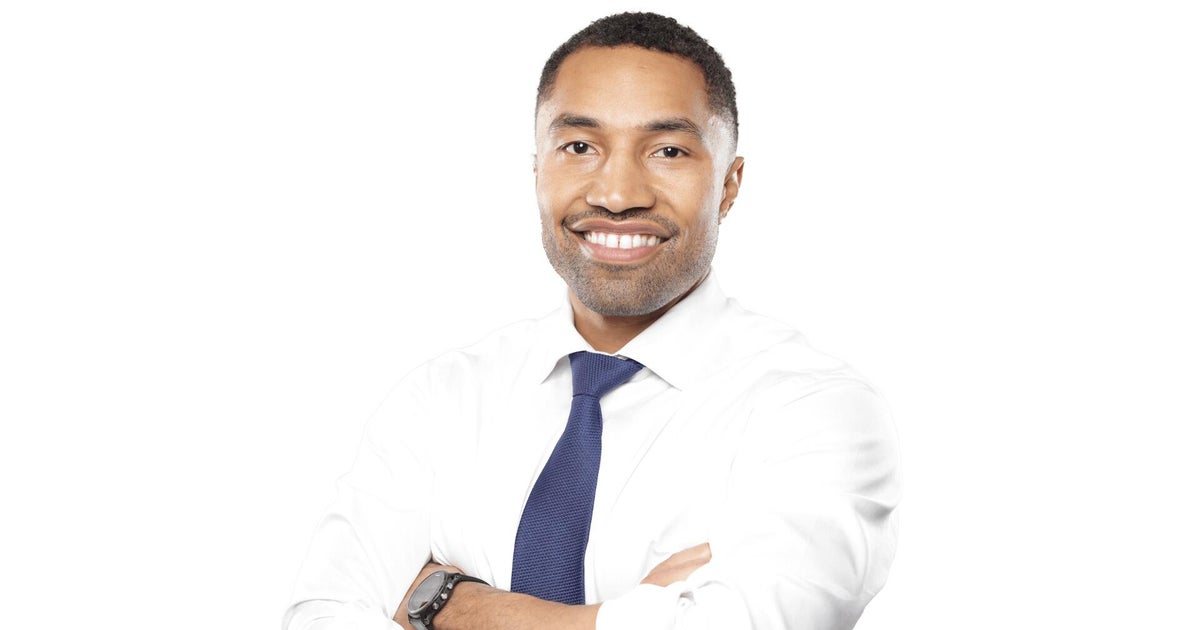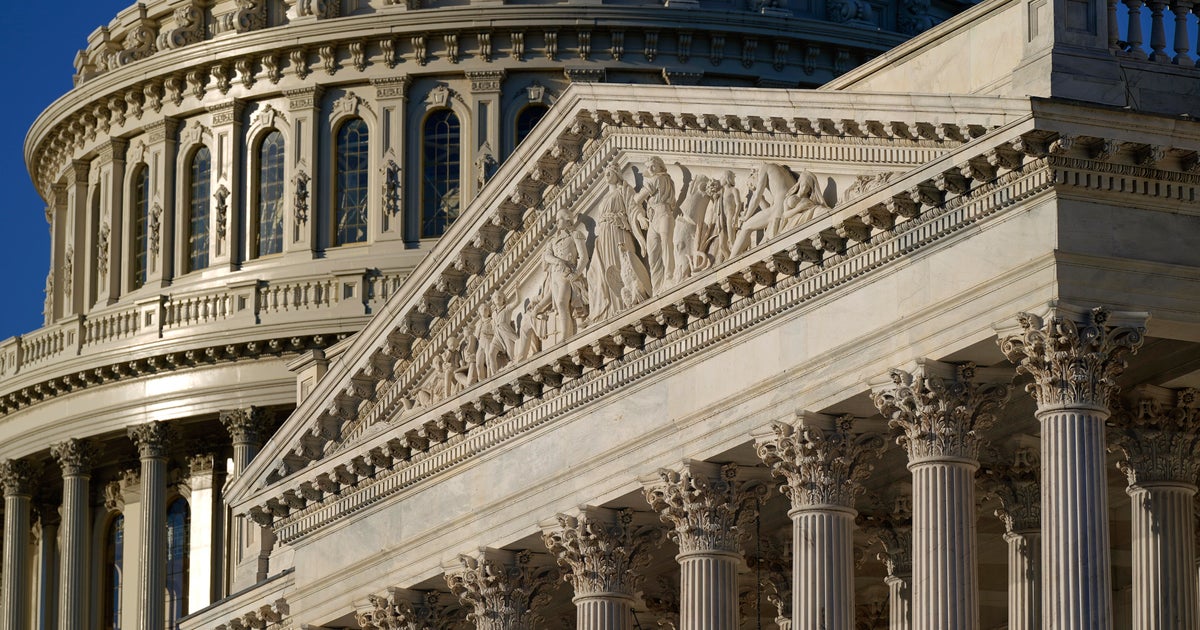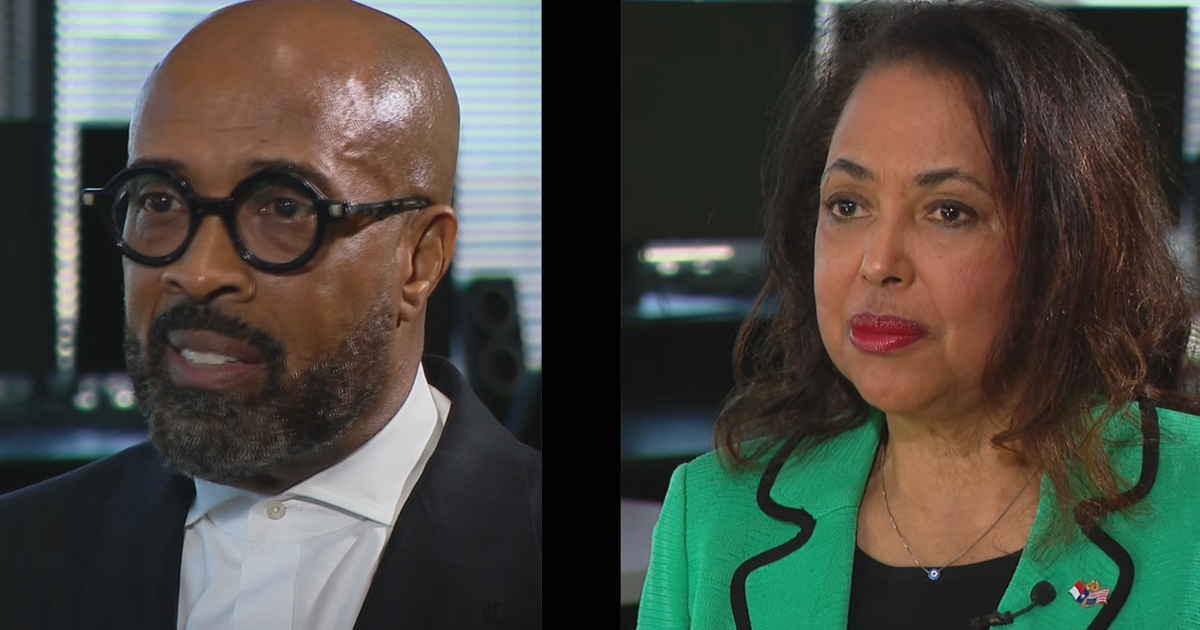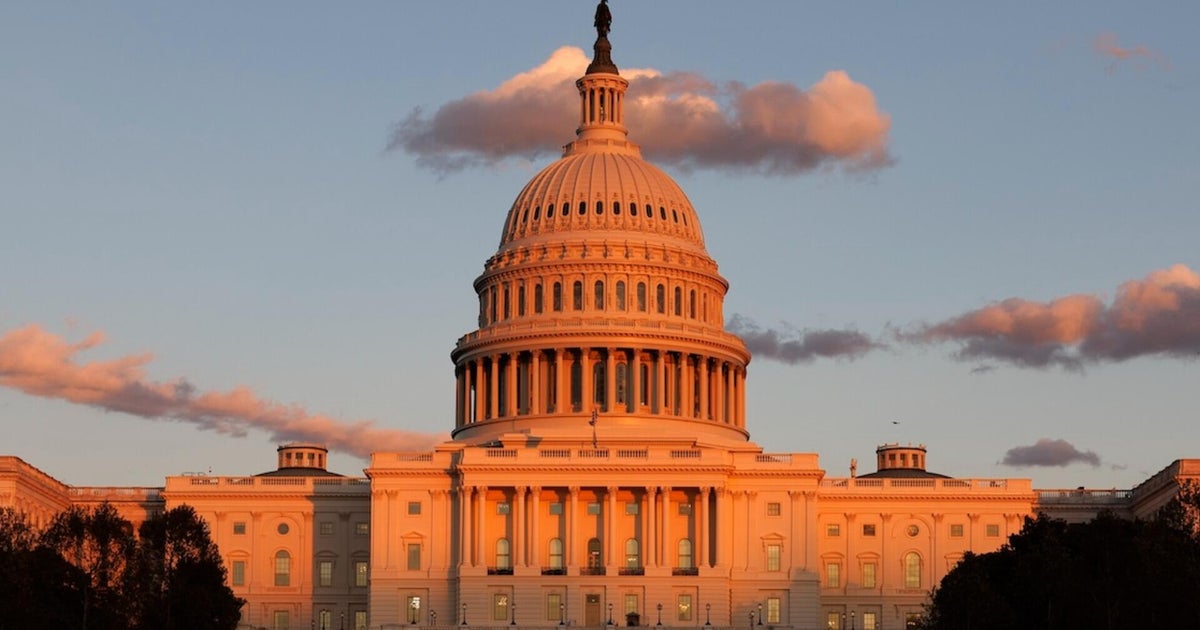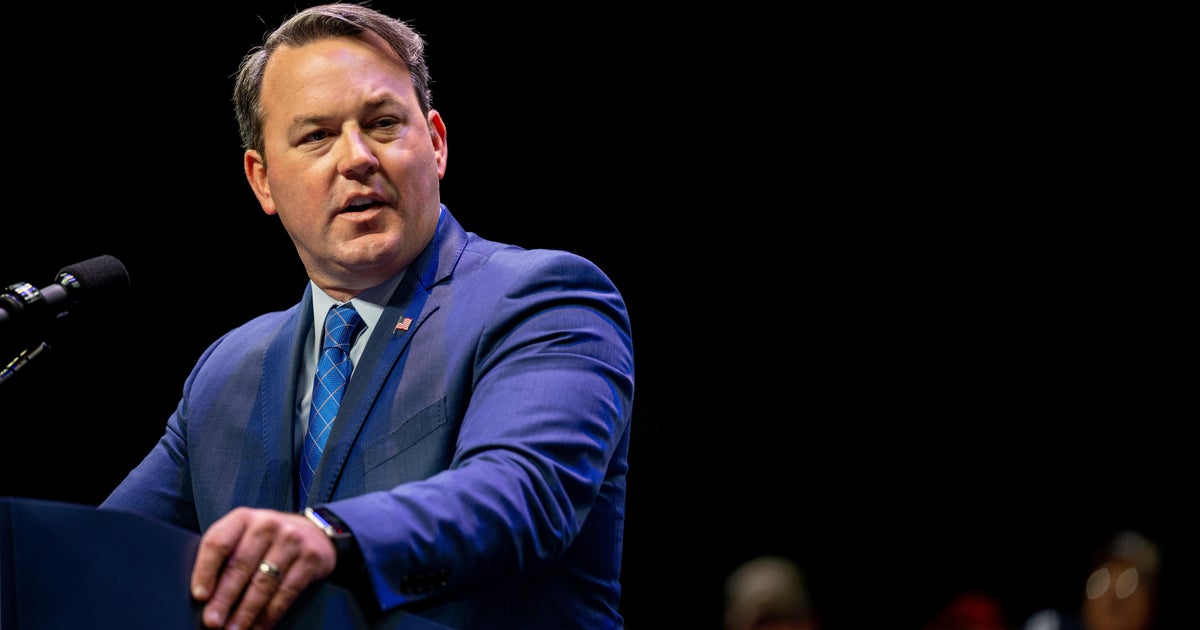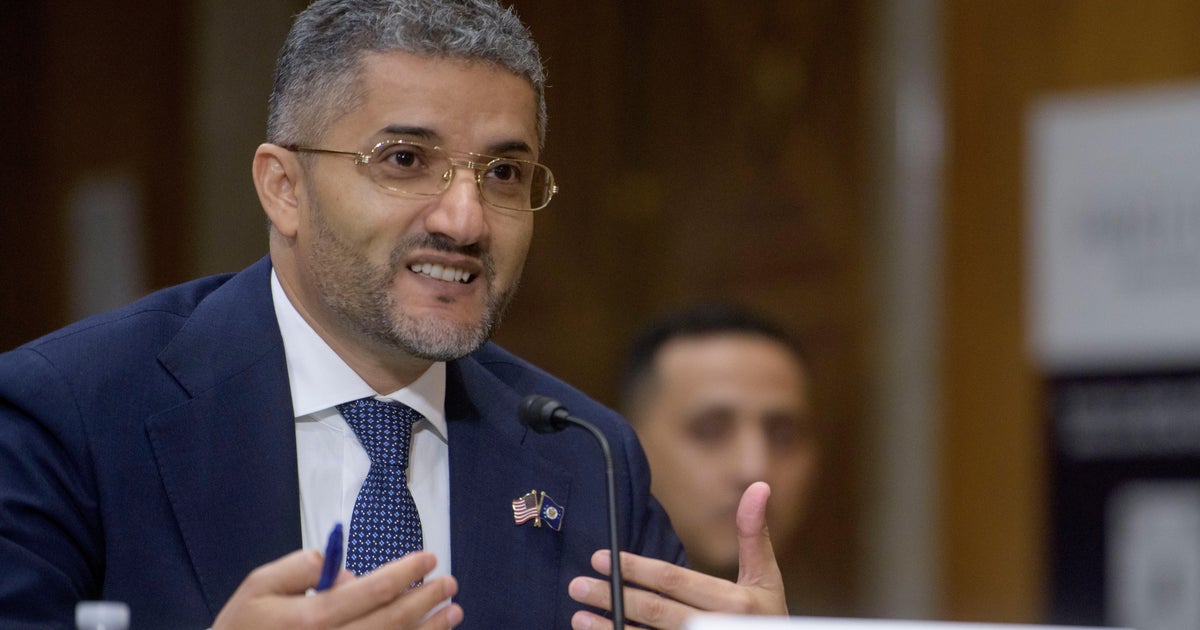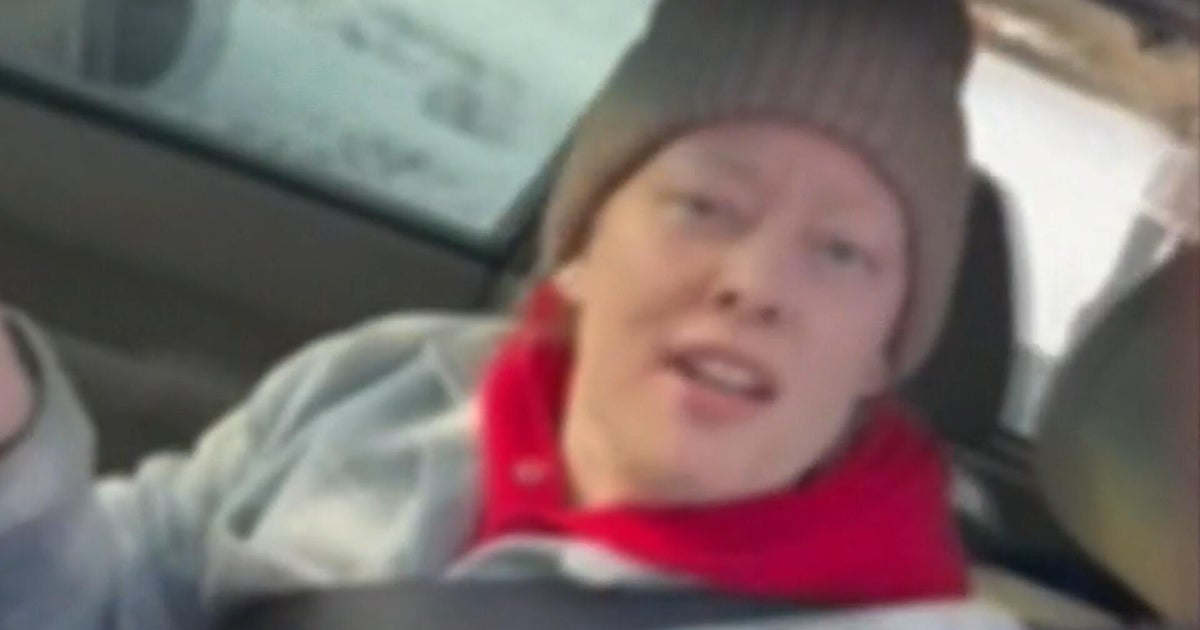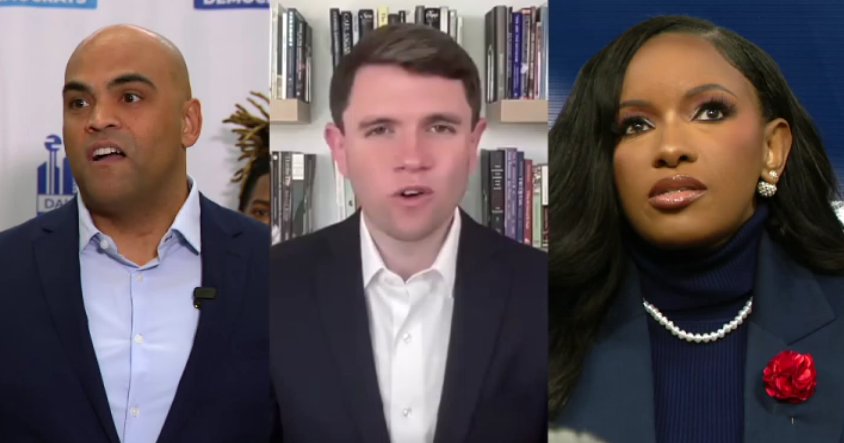Roderick Sawyer undeterred by steep odds in mayoral race
CHICAGO (CBS) -- Ald. Roderick Sawyer (6th)'s bid to be Chicago's next mayor is facing some steep odds.
Sawyer does not have a big campaign war chest, and he is lacking big endorsements that some of his opponents have. But he told CBS 2 Political Investigator Dana Kozlov he is not deterred.
"I want to give you real, honest answers - based on solid knowledge, based on my experience, based on others' experience that are way smarter than I," Sawyer said.
Sawyer is the son of Mayor Eugene Sawyer – who was appointed acting mayor a week after the death of Mayor Harold Washington in 1987 following a heated City Council meeting. The elder Sawyer served until 1989, when he was defeated by Richard M. Daley in the Democratic primary for a special election.
The younger Sawyer has been the 6th Ward alderman for 12 years. But Mayor Lori Lightfoot's handpicked City Council Health and Human Relations Committee chairman is giving up his Council seat in hopes of heading to City Hall's fifth floor.
Kozlov: "But you could continue to serve as alderman – so why, specifically, mayor?"
Sawyer: "Well, I've attempted to work with and engage the current mayor, and to be quite honest, it was just a little frustrating. I could not talk to her about some of the things we were trying to do."
One of the things Sawyer would do if elected is hire more police officers.
"I don't know what that number is, but what I will do as mayor is hire a police superintendent that will give me that information, that has that subject matter knowledge and that trust from the rank-and-file," Sawyer said.
He said he would bring on someone from within current Chicago Police Department ranks - who shares his idea of policing with "geographic integrity."
"You want officers – even if they were going to one or two beats – you want them in that same area, which is the geographic integrity part," Sawyer said.
His plan would thereby reduce the number of tactical or citywide units.
But recruiting new police officers is an ongoing problem in Chicago. One incentive Sawyer supports is allowing officers to retire after 20 years instead of 29.
"And then that way, we can also recycle officers, get younger officers in the department constantly – and overall, I think that would reduce our costs," Sawyer said.
Sawyer also wants more officers patrolling the Chicago Transit Authority system.
Kozlov: "But how do you do that if there's already an officer shortage?"
Sawyer: "One of the things I propose in the plan we put out is we reallocate some certain officers – officers, for example at the airports. We have three, four, five different agencies patrolling the airport. We don't need Chicago Police there as many as we do right now."
Reviewing all city departments and spurring development – especially in hard-hit areas, is also a priority – with a focus on helping small developers. Sawyer is proposing a concierge permitting process, where developers could pay a premium to get their permits faster.
Kozlov: "Wouldn't that still give the advantage to wealthy companies and developers, though, because they can afford to pay for it – and now it's easier for them to get their permits?"
Sawyer: "Well, part of that reset, again, is reforming the entire Building Department."
Even though Sawyer voted to close some of the city's mental health clinics, he now wants to beef up existing clinics and then expand those services. He has stated he can't promise he won't raise property taxes.
The one thing people might not know about Sawyer? He's an amateur DJ.

